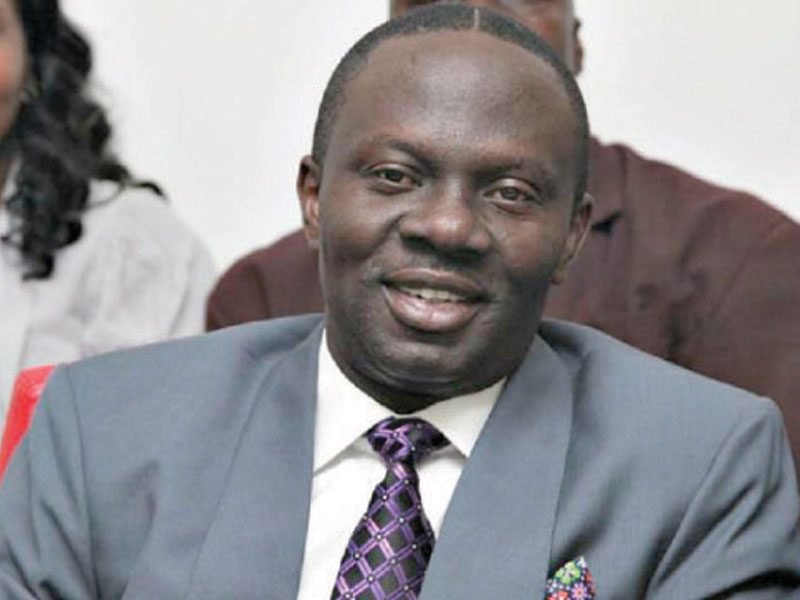By Abdul Lauya
Prominent chieftain of the All Progressives Congress (APC), Kassim Afegbua, has sharply criticized the prevailing remuneration structure for top officials of Nigeria’s anti-corruption agencies, particularly the Economic and Financial Crimes Commission (EFCC), calling the monthly N1.5 million salary for the EFCC Chairman a clear contradiction to the weight of responsibilities expected.
Afegbua, known for his forthright commentary on public governance, described the current reward system as both counterproductive and hypocritical, warning that expecting optimal performance from poorly paid anti-graft officials is a recipe for institutional failure.
“I told somebody, give me EFCC to run. I will run it differently. And what will I do different? I will make my salary a public declared figure.
“Mr. President, pay me 50 million naira per month because that will take care of my immediate needs and that of my family,” he said during a recent interview.
He emphasized that paying the EFCC Chairman a paltry N1.5 million monthly while expecting him to confront billion-naira corruption cases was akin to asking for magic.
“You cannot be paying me N1.5 million per month and you expect me to perform magic,” he quipped.
Afegbua further decried the structural flaws within the anti-corruption architecture, beginning from recruitment.
“You take a man who has been jobless for eight years, train him as an anti-graft cadet, and send him to prosecute someone accused of stealing N100 billion, how does that make sense?”
He painted a vivid picture of the vulnerability of underpaid operatives, saying they become easy targets for bribes.
“The EFCC officer confronts a suspect, and someone offers him $100,000, money he won’t earn in 20 years. What do you expect him to do?” he asked rhetorically.
Afegbua also highlighted inefficiencies in the cost of investigations. “You don’t spend N15 million to recover N10 million. That’s not justice; that’s waste,” he warned, pointing out that bloated processes and misplaced priorities are undermining the credibility and results of Nigeria’s anti-corruption efforts.
Afegbua’s intervention opens an uncomfortable but urgent conversation about how corruption is tackled in Nigeria, not just with laws and institutions, but with fair compensation, strong ethics, and strategic reform.
When public officials charged with prosecuting multi-billion naira looters earn less than mid-level bank executives, questions about their susceptibility to compromise are not speculative, they’re systemic.
Without bold reforms, the EFCC risks remaining a theatre of frustration rather than a bastion of integrity.


